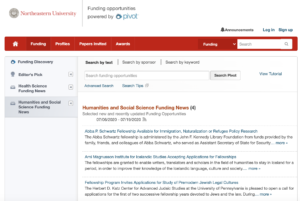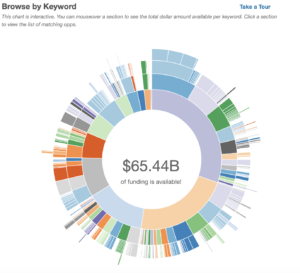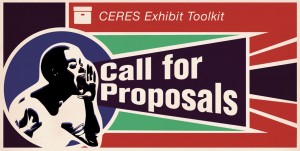Using PIVOT to Find Funding and Publishing Homes for Your Research
When it comes to finding research funding and publishing opportunities, PIVOT is a valuable resource to make the search a little easier. Interdisciplinary and current, PIVOT provides a variety of ways to access information about grants and calls for papers, and to identify potential research collaborators. The red bar at the top of the page allows users to search by Profiles of successfully funded research; browse and keyword search functions for publishing opportunities is under Papers Invited; and the Awards link provides details about awarded grants, researchers, and sponsors.

The main page of the PIVOT database guides users on how to search for the latest funding and publishing opportunities for researchers.
For new users to PIVOT, a good place to start would be to check out the menu options under Funding Discovery.
The tabs to the right of Funding Discovery allow you to search by text, sponsor, or keyword, and the latter provides a broad alphabetical listing of research topics.
For those that would rather see available resources in their particular research interest and check other related research subjects, users can explore an interactive feature that displays the scope of all available funding within the database. Click on the Funding Discovery link, then Take a Tour and browse by keyword to see how much money is available by research topic.
As always, if you have any questions about using PIVOT, or any other library resources, contact your subject librarian.


